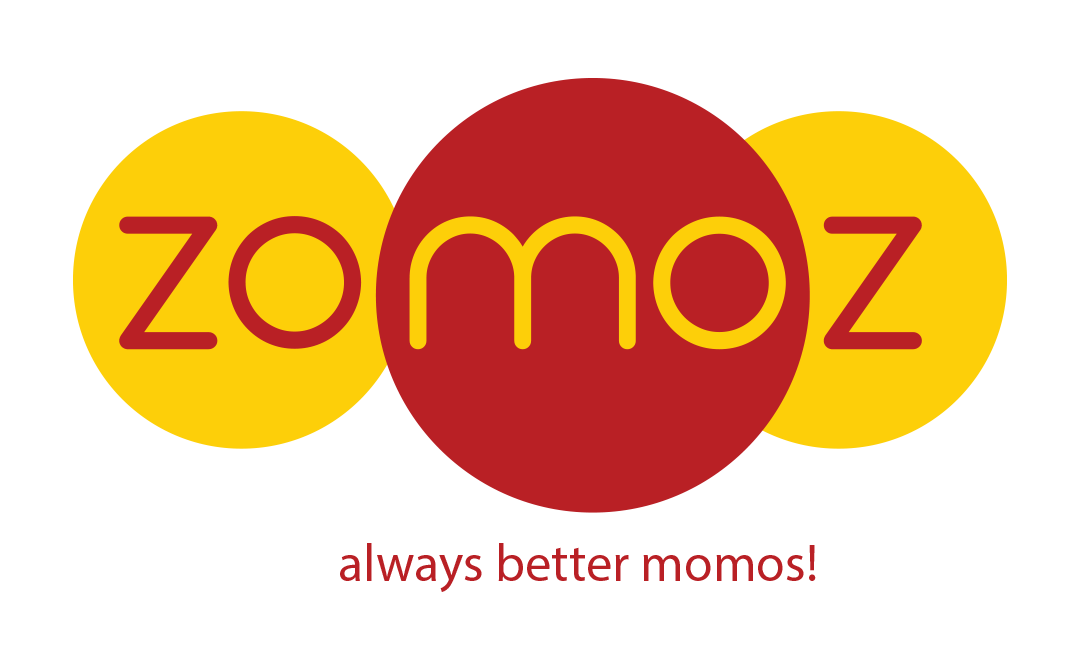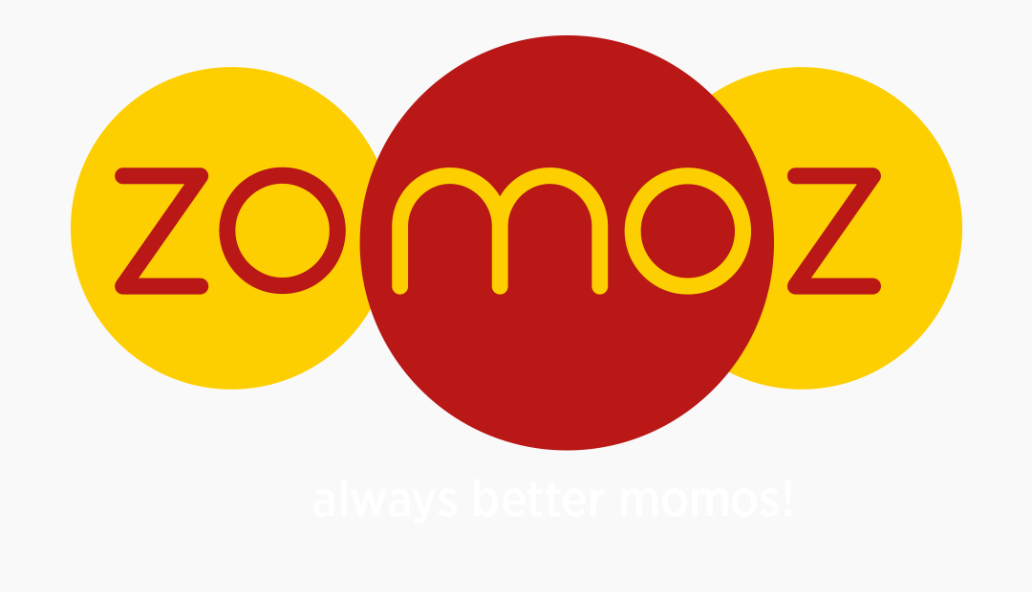Back-up or investments from large F&B giants help in scalability
In an interview with ET HospitalityWorld, Shouvik Dhar, founder of ZOMOZ, ET HospitalityWorld talks about the benefits of support from bigger brands.
he practice unfolds largely the same across all industries: A larger, more established company swoops in to acquire a smaller, fast-growing company while costs are still low before the smaller brand reaches its peak. Or if not fully acquiring, buy a few stakes in smaller companies. These acquisitions are commonplace in food and beverage.
The internet restaurant company Rebel Foods in India has been aggressively investing or acquiring other F&B brands to widen its brand portfolio. We spoke to the founder of ZOMOZ, Shouvik Dhar, to understand what benefits such brands get. ZOMOZ is a Hyderabad-based quick-service restaurant chain which is backed by Rebel Foods which is a minority shareholder in the company and a strategic investor.
“Pre-Covid, we were a very profitable QSR brand. Due to the pandemic, we ventured into cloud kitchens and we did very well. We realised that we had a very scalable business in great products that required distribution to scale fast PAN India. Rebel foods, with their 350+ kitchens PAN India was the most ideal group for us to partner with. Over the last six months, we have set foot in six major cities because of the association,” Dhar commented.
He further commented that the association with Rebel Foods has helped in providing good locations PAN India to set up delivery outlets at a fraction of the cost that ZOMOZ generally incurs. Secondly, the association has helped in the distribution of the products from the central manufacturing location to more than 350 locations pan-India.
The company is looking at 20 years plus of a very young population. “Over the years I have seen how the exposure to momos and dim sums has grown in people. Today, people are not, in the least, averse to trying out new and innovative items. This is a great fillip for QSR brands in the country. It’s no wonder that we see the market for QSRs growing at a rapid pace for a long time,” Dhar added.
Moving ahead, the plan for ZOMOZ will be both delivery and QSR model for growth. The company claims to be most capital efficient with a need of just INR one lakhs for a cloud outlet and INR five lakhs for a QSR outlet. “Given our lean business model we are at a great advantage to scale fast,” Dhar commented.
The company is planning to enter the north Indian market in November 2022, starting from Delhi NCR, which accounts for 28 percent of the momo orders across India.
Sharing his viewpoint on the competitor, Wow Momo, Dhar stated that the company has been the first mover in this category and has done really well. However, they are at a revenue of INR 160 crores in a presently INR 3000 crore momo market in India. “There is a lot of room for other players to come in. Owing to our technology enabled completely automated production, reliable PAN India supply chain and a lean model we are now poised to grow the fastest and cover this huge vacuum,” he said. However amid all opportunities, there are a few hurdles that the QSR industry is facing currently. Addressing a few Dhar stated, “Input costs have increased exponentially. This has cut down profitability further. There is a larger dependence on aggregator portals post covid. This has altered customer behaviour. This reduces profitability further. And the availability of blue collar workers. This has been a perennial problem in the sector. The way to work around this has been using technology and processes to standardise as much as possible.
Link : View our article on Economic Times

